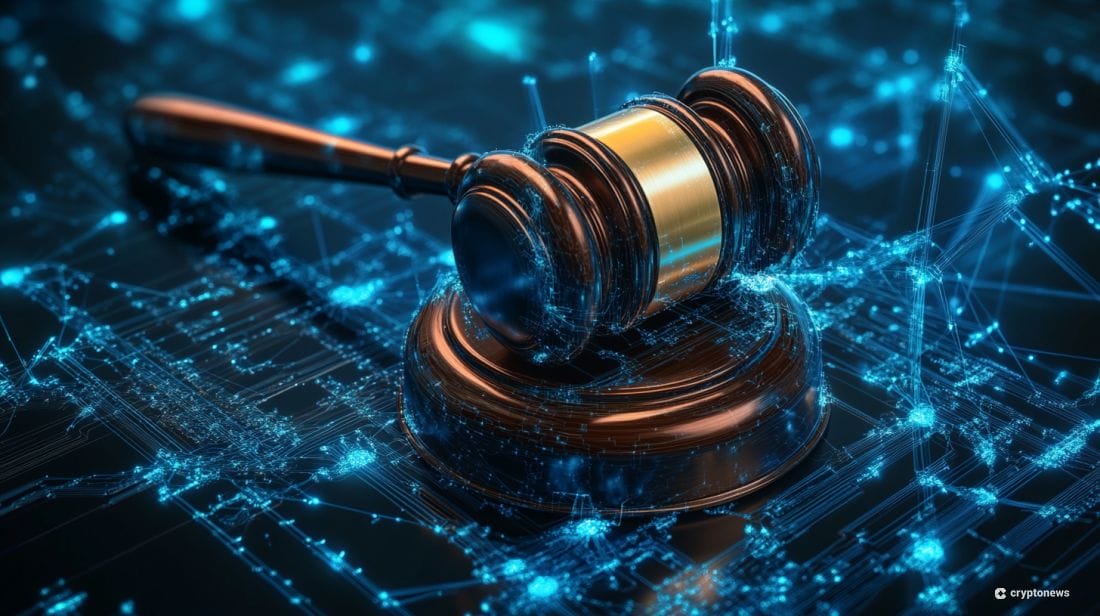Roman Storm, the founder of Tornado Cash, is set to face trial in December for money laundering and sanctions violations after a New York judge rejected his motion to dismiss the charges on September 27. Despite Storm’s defense claiming that he was merely a developer and should not be held accountable for the decentralized platform’s actions, Judge Katherine Polk Failla argued that his role did not absolve him of responsibility. The case stems from an August 2023 indictment alleging that Tornado Cash facilitated $1 billion in money laundering transactions, including funds for North Korea’s state-sponsored hacking group, the Lazarus Group.
If convicted on all charges, Storm could face up to 45 years in prison. The decision to proceed with the trial has sparked criticism from the cryptocurrency community, with some members viewing it as an assault on software developers’ freedom. Legal experts such as Jake Chervinsky and Amanda Tuminelli have voiced their disapproval of the ruling, citing concerns about the potential implications for the crypto industry. Scheduled for December 2 in New York, Storm’s trial is expected to draw significant attention from both legal experts and cryptocurrency advocates due to its potential impact on regulations.
Judge Failla’s ruling rejecting Storm’s motion to dismiss the indictment has raised questions about the liability of developers in blockchain-based crimes. The case highlights the challenges of enforcing laws in the rapidly evolving crypto space, where decentralized platforms like Tornado Cash have been used for illicit activities. The U.S. Attorney and FBI Assistant Director in Charge have accused Storm and his co-founder of turning a blind eye to money laundering activities, despite publicly claiming to offer a privacy service compliant with sanctions laws.
The allegations against Tornado Cash have drawn attention to the broader issue of financial crimes in the cryptocurrency industry. With the platform accused of aiding hackers and fraudsters in concealing the proceeds of their crimes, the case has underscored the need for increased regulatory scrutiny in the space. The outcome of Storm’s trial could have far-reaching implications for developers and operators of decentralized platforms, as well as for the broader crypto ecosystem as a whole. Cryptocurrency advocates are closely watching the case to assess its potential impact on future regulations and enforcement actions.
The Tornado Cash trial is expected to be closely monitored by legal experts and industry stakeholders to gauge its ramifications for the broader crypto landscape. The decision to proceed with the trial has sparked debate within the cryptocurrency community, with concerns raised about the potential chilling effect on developer freedom. As the case unfolds, it will shed light on the complexities of regulating decentralized platforms and holding individuals accountable for illicit activities conducted on these networks. The outcome of Storm’s trial will likely set a precedent for future cases involving developers of blockchain-based technologies, reshaping the regulatory landscape for the cryptocurrency industry.










